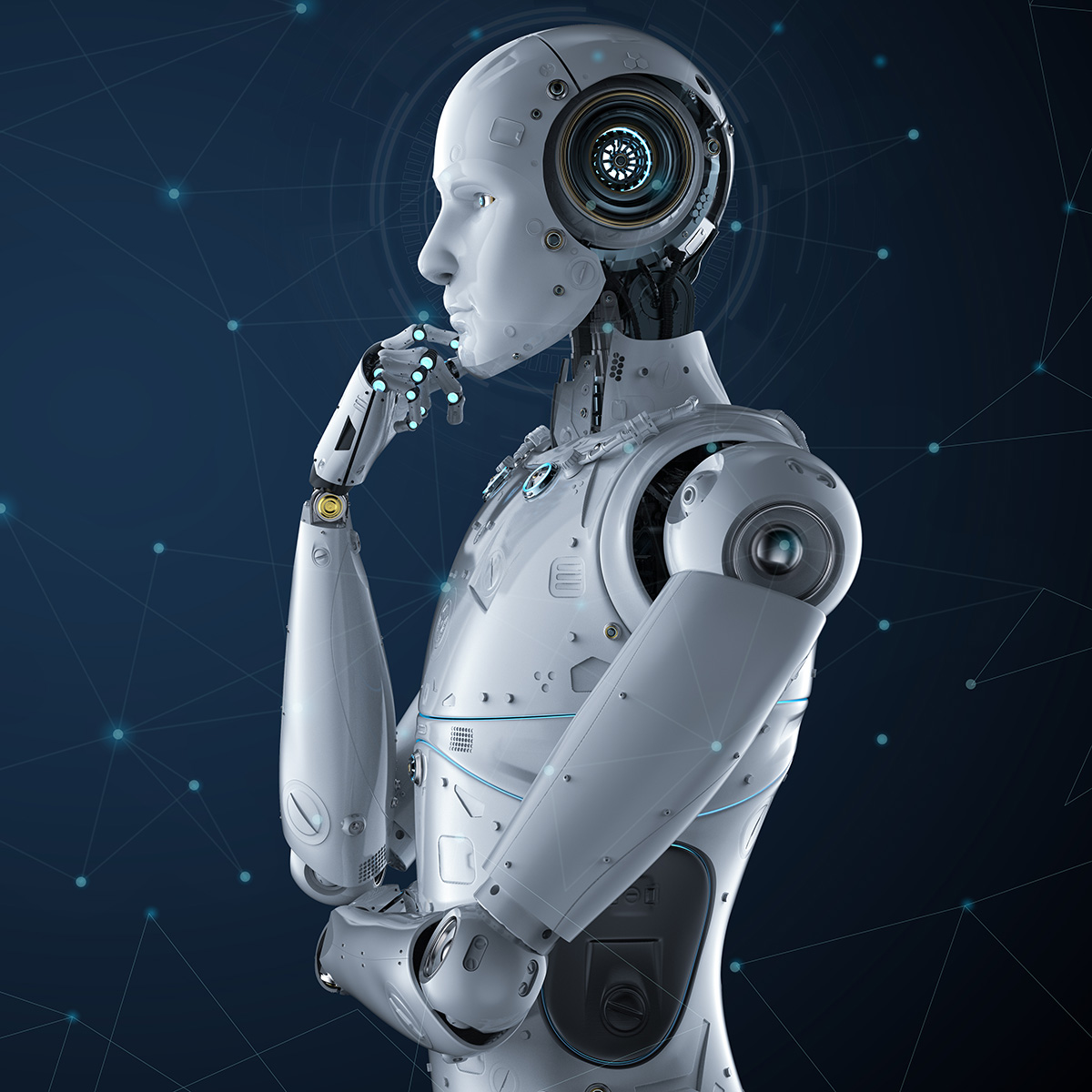Somehow, this feels a little more sinister than some of the other roles and skills we have been addressing in these blogs. We’re talking about replacing one person here – not just any person, but the figurehead of the organisation.
Rather than a piece of research, this feels more like the plot of a post-apocalyptic film.
However, global research conducted by Oracle in 2019 revealed that 82% of people think robots can do things better than their managers. Asked to elaborate, the survey respondents said they believed robots were better at providing unbiased information, maintaining work schedules, problem-solving and managing a budget.
Conversely, when asked what they thought their managers could do better than robots, the respondents cited understanding their feelings (45%), coaching (33%) and creating a positive work culture (29%)
Building a business that is attractive to prospective employees, and one where existing colleagues feel valued, is the most efficient way to attract and retain the best talent. To achieve this, the company employer brand must be strong. The CEO has a key function in this area, ensuring that the reputation of the business makes it an attractive place for people to work. Some might consider the idea of a robot CEO ‘cool’ or exciting, though others are likely to be put off.
The benefits of an automaton at the head of an organisation would be largely in objective, data-driven processes, where there is maximum efficiency and minimal error. Tasks could be assigned according to individual skill sets and performance metrics, ensuring that the right people are always assigned to the right jobs. There would be no favouritism, no unfair promotion and everything that happened within the business would be based on solid data.
Highly efficient, don’t you think? However, the role of a human CEO is primarily based on leadership skills, and it is often their personality and social network that draws business into the company. Without the flair and interpersonal skills of a human, not to mention their little black book of contacts, it would be much harder to get into some of the business networks that could bring about growth.
Public perception and trust in an organisation with a robot CEO would be a critical factor. Companies would need to effectively communicate the benefits and safeguards in place to ensure transparency and accountability. It would likely attract a lot of press coverage for the business, so the PR department or agency would need to have a plan in place to deal with this.
The CEO has the ultimate say in business decisions, so ceding control to a robot would mean some of the highest-level, make-or-break decisions being made by a computer.
Without emotions becoming involved, more objective and data-driven decision-making can, in theory, take place through AI, providing no bias has entered the system through programming or the information sources to which the AI has access.
A robot boss could potentially work 24/7 without the need for breaks or time off, ensuring continuous presence and improving productivity. It would mean that the chances of receiving an email from the boss at 2 am on a Sunday morning were much higher, though the likelihood of being chastised for ignoring it would be equally low!
Communication from an automated CEO would be more direct and concise, lacking emotion or feeling. Some might see this as a good thing – always receiving clear direction and feedback – but others are likely to find it jarring, particularly if negative feedback is delivered without empathy.
This could potentially impact morale and team cohesion. Over time, a robot could learn from data and adapt its management style to optimise relationships with employees, but what happens to the morale of the organisation in the meantime?
Introducing a robot CEO could not be done overnight, given the high level of technical infrastructure that would be required to support the change. It is something that would need to be introduced over time to avoid problems with implementation and maintenance, and it is highly unlikely to be done without extensive internal consultation to ensure colleagues were kept informed at every stage of the process. With the adoption of AI at the top of the business, existing colleagues might be afraid that their roles could also be replaced by machine and would need to be reassured.
Aside from these operational considerations, the idea of a robot boss raises ethical questions. The dynamics of human-robot interactions, trust in artificial intelligence and the potential impact on job satisfaction and mental health are all important factors to consider.
Chief Executive Officers manage an entire organisation, motivate and mentor their employees and are representatives of the company’s objectives and missions – a responsibility that simply cannot be automated. For that reason, we believe this idea belongs firmly on the science fiction shelves or a cinema screen. For now, at least.






